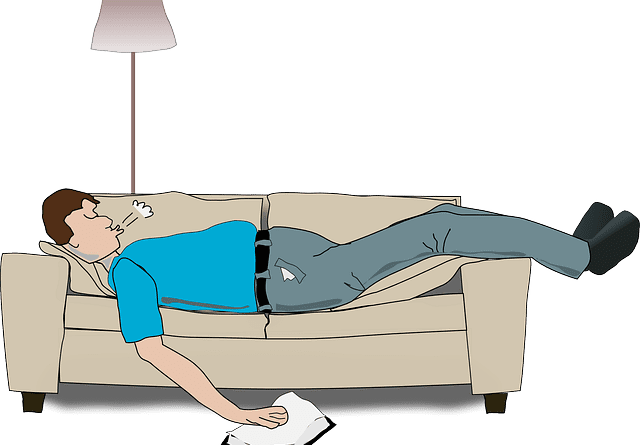Should You Monitor Your Sleep Each Night and If So How?
Many things can affect your health (good and bad) and sleep is one of them. Those who focus on their health and fitness levels have a means of tracking their progress and determining factors such as weight, lean muscle mass, body fat, body measurements, strength, blood profile, etc. Yet, not many people focus on their sleep. Should you monitor your sleep? Absolutely and here’s why and how.
What Happens When You Don’t Get Enough Sleep?
If you aren’t getting enough sleep, there’s a laundry list of negative side effects, but for the sake of this article, we are going to focus on how it can affect your health and weight. It is recommended that you get a minimum of seven hours of sleep each night. While many will laugh at that number as they like to burn the midnight oil and get things done late at night when things are quiet around the house, not getting enough sleep can do more harm than good.

What happens if you don’t monitor your sleep or get enough?
1. Lack of Energy
It should come as no surprise but if you aren’t getting enough sleep each night, you’re going to wake up the next morning without any energy. You’ll feel lethargic, unmotivated, and likely to skip your workout due to it. In addition, lack of sleep can lower libido and sex drive. For all of those reasons, you should monitor your sleep – especially if you find yourself waking up without feeling refreshed or if you know you were restless and didn’t sleep well.
2. Increase in Hunger
The next two go hand-in-hand. When you don’t monitor your sleep and aren’t getting enough, it can throw off your hormone levels. More specifically, cortisol (a stress hormone). Unfortunately, cortisol has a domino effect once the levels become elevated. When cortisol levels rise, ghrelin (a hunger hormone) also rises until leptin (what makes you feel satiated) can finally send a signal to the brain telling it that you’re full. With an increase in ghrelin, you’re going to feel hungry and it can lead you to the next side effect.
Related Article: Is the 8-Hour Sleep Rule a Myth or Legit?
3. Weight Gain
When you don’t get enough sleep, ghrelin levels can stay elevated daily. This will cause you to feel hungry all day long which can lead to overeating and putting yourself in a caloric surplus. If this continues, you may find you are quickly putting on weight and body fat. Unfortunately, during this time where ghrelin is elevated, you’re going to be craving all of the goodies you know you shouldn’t be eating such as sweets and unhealthy fatty foods.
Click here to continue reading…


*Disclosure: This article may contain affiliate links or ads, which means we earn a small commission at no extra cost to you if you make a purchase through these links. These commissions help support the operation and maintenance of our website, allowing us to continue producing free valuable content. Your support is genuinely appreciated, whether you choose to use our links or not. Thank you for being a part of our community and enjoying our content.
PLEASE CONSIDER SHARING THIS ON YOUR SOCIAL MEDIA TO HELP OTHERS LEARN MORE ABOUT THIS TOPIC. SIMPLY CLICK BELOW!

